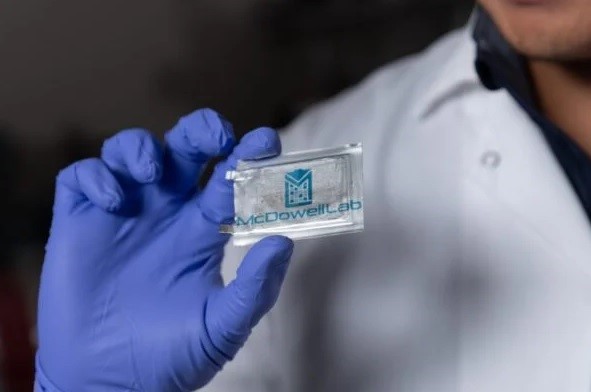

A team of researchers led by Professor Matthew McDowell from the Georgia Institute of Technology (Georgia Tech) have developed an aluminium foil that may improve the performance of solid-state lithium battery cells. The discovery can also help electric vehicles perform better for longer distances on a charge. The team employed aluminium foil to create a solid-state battery cell with a better energy density than current solid-state cells.
The project started as collaboration between the Georgia Tech team and Novelis, a prominent aluminium producer and the world's biggest recycler of aluminium. The researchers are presently attempting to scale up the size of the batteries to understand how size affects the behaviour of the aluminium foil. The group is also actively investigating various materials and microstructures to develop extremely low-cost foils for battery systems.
{alcircleadd}
“We are always looking for batteries with higher energy density, which would enable electric vehicles to drive for longer distances on a charge. It’s interesting that we can use aluminium as a battery material, because it’s cost-effective, highly recyclable, and easy to work with,” said McDowell.
Aluminium fractures and fails after a few charge-discharge cycles in a normal lithium-ion battery owing to expansion and contraction as lithium moves in and out of the material. As shown in this study, solid-state battery cells now allow for incorporating novel high-performance active materials. Aluminium lithiation may offer a theoretical specific capacity of 990 mAh/g but with a volume change of 96%, much lower than the 310% volume change of silicon anodes.
When pure aluminium foils are used as anodes in batteries, they fail fast; therefore, the team added c. To understand how the materials might perform in batteries, the scientists tested over 100 distinct variations. The novel foil can store more lithium and energy than standard anode materials. Finally, they developed high-energy-density batteries that had the potential to surpass lithium-ion batteries.
“We needed to incorporate a material that would address aluminium’s fundamental issues as a battery anode. Our new aluminium foil anode demonstrated markedly improved performance and stability when implemented in solid-state batteries, as opposed to conventional lithium-ion batteries,” commented Yuhgene Liu, a Ph.D. student in McDowell’s lab and first author on the paper.
“One of the benefits of our aluminium anode that we’re excited about is that it enables performance improvements, but it also can be very cost-effective,” added McDowell. “On top of that, when using a foil directly as a battery component, we actually remove a lot of the manufacturing steps that would normally be required to produce a battery material.”
“The initial success of these aluminium foil anodes presents a new direction for discovering other potential battery materials. This hopefully opens pathways for reimagining a more energy-optimized and cost-effective battery cell architecture,” stated Liu.



Responses






